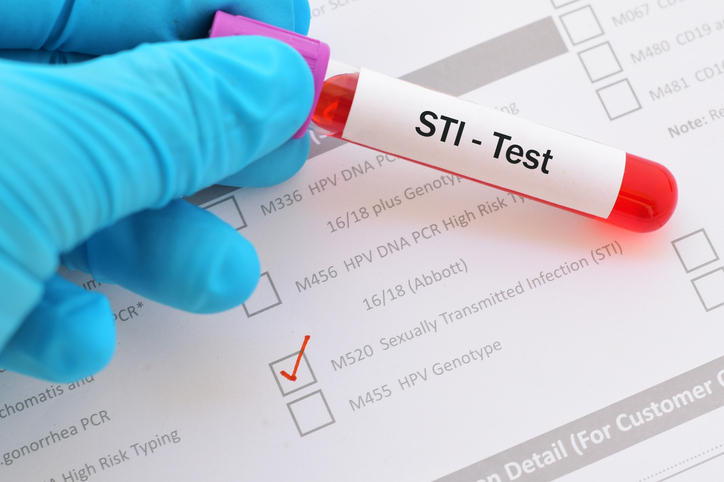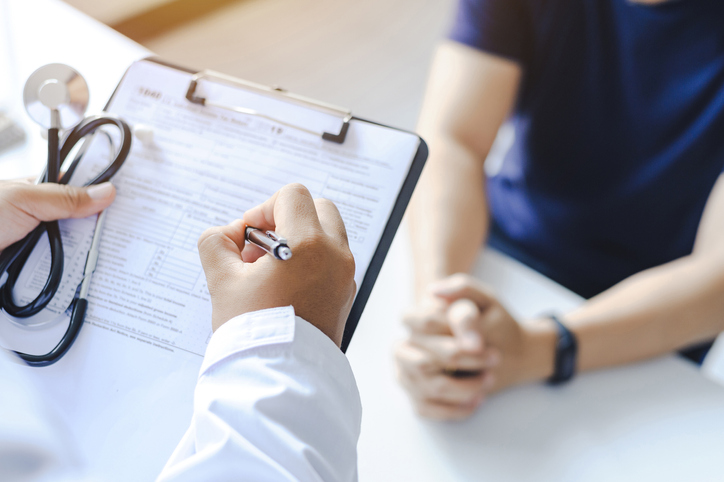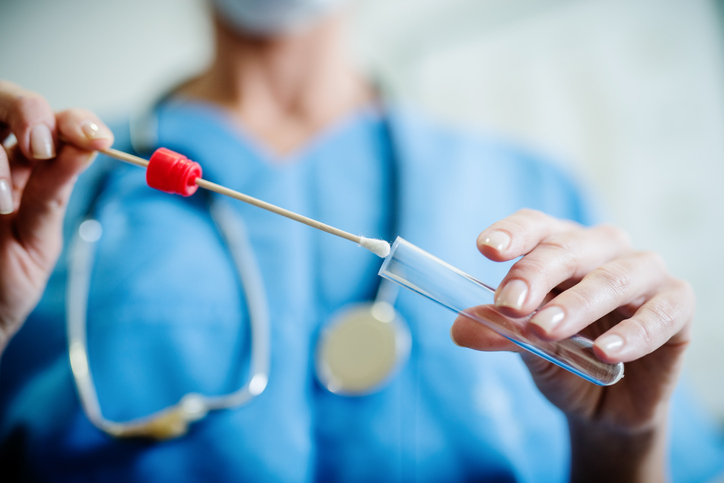Always avoid having intercourse with someone who has genital sores, a rash, discharge, or any other indications of an STD. In order to engage in unprotected sex without fear of contracting an STD, you must have had intercourse with your partner for at least six months and have both tested negative for the disease. If you want to avoid STD check in Los Angeles, here is how to prevent the disease to happen.
In what ways can sex cause STDs?
It is possible that anybody who engages in sexual activity might get pregnant or acquire an STD.
Sexually transmitted infections may be transferred by oral sex, anal sex, vaginal intercourse, and skin-to-skin genital contact (AKA dry humping without clothes). Blood and other bodily fluids, such as sperm and vaginal secretions, may transmit certain illnesses. Others may be transmitted by direct skin-to-skin contact between the genitals of two people.
If you’ve ever had intercourse with someone who has genital skin contact or bodily fluids, you’re at risk of contracting an STD. You should instantly get an STD check in Los Angeles or wherever you live.
It is quite usual for individuals to have a sexually transmitted disease. Although certain STDs might be life-threatening, they are frequently treatable or curable. If you’re having sex, use condoms and get tested for STDs to ensure your safety.
You may learn more about STDs by reading this.

-
Always use condoms while having sex
Preventing sexually transmitted diseases (STDs) and unwanted pregnancies are both made easier with the use of condoms. When used appropriately, both exterior and internal condoms may protect against STDs.
Every time you participate in sex, use a condom made of latex or polyurethane. Make sure you and your partner know how to properly use a condom at all times. If you’re going to use lubrication, make sure it’s water-based to keep the condom’s effectiveness intact.
STDs are transmitted via sexual contact and the exchange of body fluids. Even though condom use is the greatest approach to preventing the spread of a sexually transmitted disease (STI), excellent hygiene practices may also help.
Before having sex, wash your hands. Once you’ve had sex, you should wash or cleanse your body. After penetrative intercourse, urinating may help eliminate microorganisms from your body, which may minimize your risk of STDs and UTIs (UTIs). Don’t ever use someone else’s underpants or towels; only ever use your own.
-
Talk to your partner about your feelings (s)
Before engaging in sexual activity, be sure to discuss your past sexual experiences with any possible partners. Tell them if you have any STDs and ask them to do the same for you.
It’s crucial to be open and honest with your partners about your sexual health, but keep in mind that many STDs don’t show any symptoms. For a disease to go undetected, there must be some kind of symptom. When it comes to new sexual relationships, it’s best to be tested for STDs first.
If you have several relationships, or if your partner has multiple partners, your risk of STDs rises. Being in a monogamous relationship with a partner who has tested negative for sexually transmitted diseases (STDs) reduces your chance of developing an STD. There are certain hospitals that provide free STD checks in Los Angeles.
-
Consider vaccinating yourself against STDs
Despite the fact that there are more than 30 distinct STD-causing bacteria, viruses, and parasites, there isn’t a vaccination for all of them. However, the FDA has authorized vaccinations for HPV, hepatitis A, and hepatitis B, three of the most prevalent STDs.
When given between the ages of 9 and 14, these vaccinations are most effective since your immune system has not yet matured enough to be sexually active. In older teenagers and adults who have previously had sex, they may still be able to help prevent STD infection.
Regular STD screening should be a component of your health care plan, even if you practice safe sex with someone you know and trust. A test is the only method to determine whether you have an STD since many STDs don’t create obvious symptoms.
A wide variety of treatment options are available if your findings are positive. This depends on the kind of STD you have. You can search “STD testing near me” to find where you can get the relevant vaccination.
Screening
Screening is the process of determining whether or not a patient has a disease. STI screening isn’t always a standard aspect of medical treatment. Following are some situations when screening is highly recommended:
Everyone. A blood or saliva test for HIV, the virus that causes AIDS, is the only recommended STI screening test for anybody aged 13 to 64. An annual HIV test is recommended for those with a high risk of infection.
Individuals whose birthday falls within the years 1945-1965. People born between 1945 and 1965 have a higher than average risk of contracting hepatitis C. Experts advocate screening everyone in that age range for hepatitis C since the illness typically goes undetected until it is in its severe stages.
Pregnant women. Each new mother-to-be is expected to get tested for HIV, hepatitis B, and other sexually transmitted diseases during her first prenatal appointment. Pregnant women with a history of gonorrhea or hepatitis C infection should have these tests performed at least once over the course of their pregnancy.
All women above the age of 21. Cervical alterations, including inflammation, precancerous changes, and malignancy, are detected by the Pap test. Certain HPV strains are often implicated as a cause of cervical cancer.
Women should take a Pap test every three years beginning at the age of 21 according to experts. Women above the age of 30 are advised to have an HPV test and a Pap test on a five-year cycle. Alternatively, women over the age of 30 might receive a Pap test every three years or an HPV test every three years.
Women who are sexually active yet are under the age of 25 years. All sexually active women under the age of 25 should be checked for chlamydia infection, according to experts. To do a chlamydia test, you’ll need to collect a sample of urine or vaginal fluid on your own.
To be sure that the infection has been eradicated, you must have a second test performed by a health care provider who has not been properly treated. If you switch partners, get retested since chlamydia may be caught more than once. You should always check the symptoms of STDs as they should be diagnosed at an early stage. So find STD checks in Los Angeles if you want to prevent any risks.



